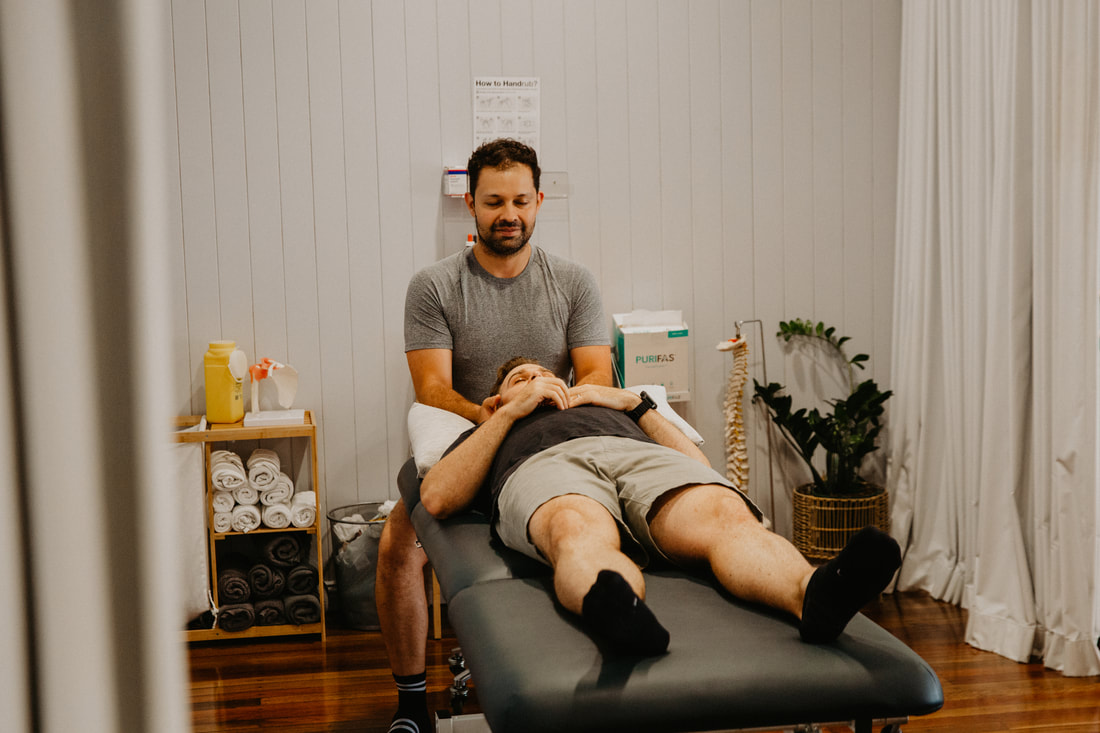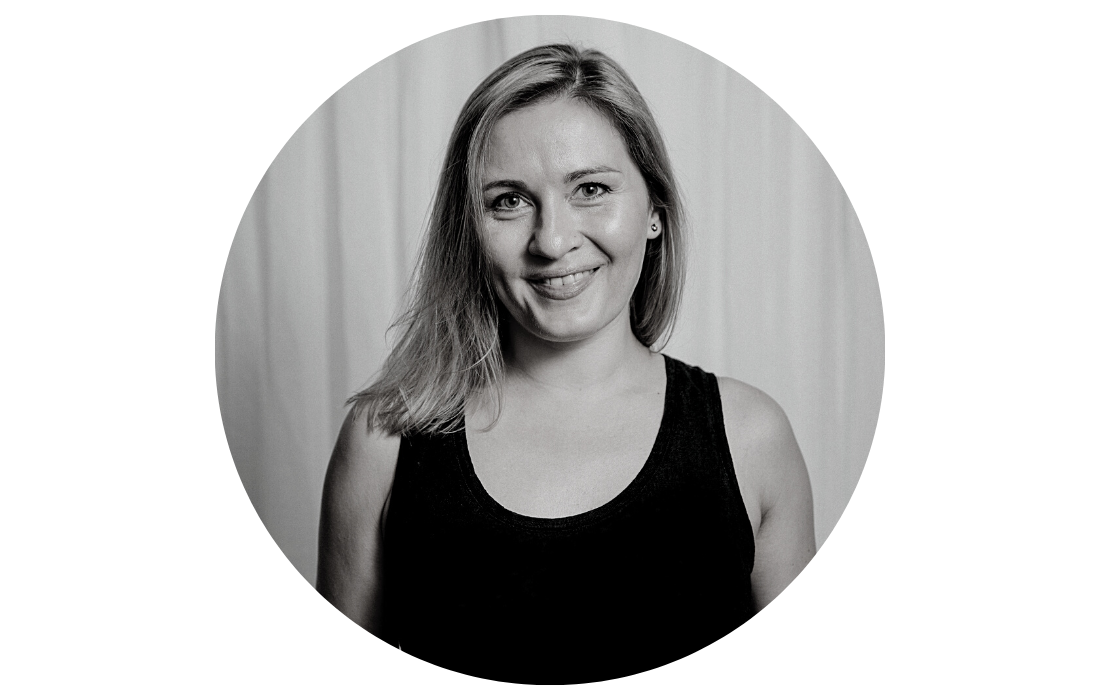POTS Physiotherapy Brisbane Southside.
What is Postural Orthostatic Tachycardia Syndrome?
Postural Orthostatic Tachycardia Syndrome, commonly referred to as POTS, is a condition that affects the autonomic nervous system, particularly its ability to regulate blood flow and heart rate. Patients with POTS experience an abnormally high heart rate (tachycardia) upon transitioning from lying down to a standing position. Symptoms might include dizziness, rapid heartbeat, fatigue, brain fog, coldness or pain in the extremities, headaches, exercise intolerance and sometimes fainting.
What Causes POTS?
Causes of POTS are varied and divide POTS into 2 major groups of primary and secondary occurrence. Primary can develop following a viral infection, e.g. there are reported cases of POTS emerging after COVID-19, trauma, surgery, or during puberty. Some researchers believe it might be linked to autoimmune issues. Secondary POTS is associated with other systemic conditions, such as Ehlers-Danlos Syndromes, Diabetes Mellitus, gastrointestinal disorders or autoimmune disorders such as lupus.
How is Postural Orthostatic Tachycardia Syndrome Diagnosed?
Diagnosing POTS usually involves:
How can Physiotherapy Help with Postural Orthostatic Tachycardia Syndrome?
Physiotherapy can be instrumental in managing POTS symptoms:
How can Clinical Pilates Help with Postural Orthostatic Tachycardia Syndrome Rehabilitation?
Clinical Pilates offers a holistic approach to rehabilitation:
While POTS can be a challenging condition, many patients can lead full, active lives with the right management strategies. Approximately 90% of patients respond positively to combination of pharmacological and physical treatments. For some, symptoms may still diminish over time, especially with early diagnosis and appropriate intervention. Regular follow-up with healthcare providers, combined with physiotherapy, can significantly improve quality of life.
Tips for Living with POTS:
Postural Orthostatic Tachycardia Syndrome, while complex, is navigable with the right support and care. Our physiotherapy team is dedicated to understanding your unique needs and guiding you towards improved health and well-being. If you or a loved one are suffering from POTS or suspecting you might be, come in and see our friendly Coorparoo and Tarragindi physiotherapists today!
Call us on 07 3706 3407 or email [email protected] for a booking. We would love to work with you.
Postural Orthostatic Tachycardia Syndrome, commonly referred to as POTS, is a condition that affects the autonomic nervous system, particularly its ability to regulate blood flow and heart rate. Patients with POTS experience an abnormally high heart rate (tachycardia) upon transitioning from lying down to a standing position. Symptoms might include dizziness, rapid heartbeat, fatigue, brain fog, coldness or pain in the extremities, headaches, exercise intolerance and sometimes fainting.
What Causes POTS?
Causes of POTS are varied and divide POTS into 2 major groups of primary and secondary occurrence. Primary can develop following a viral infection, e.g. there are reported cases of POTS emerging after COVID-19, trauma, surgery, or during puberty. Some researchers believe it might be linked to autoimmune issues. Secondary POTS is associated with other systemic conditions, such as Ehlers-Danlos Syndromes, Diabetes Mellitus, gastrointestinal disorders or autoimmune disorders such as lupus.
How is Postural Orthostatic Tachycardia Syndrome Diagnosed?
Diagnosing POTS usually involves:
- Tilt Table Test: The patient is transitioned from lying to standing on a table while monitoring heart rate and blood pressure.
- Medical History: Discussing symptoms, triggers, and any associated health conditions.
- Physical Examination: Checking vital signs in different positions.
- Blood Tests: To rule out other potential causes.
How can Physiotherapy Help with Postural Orthostatic Tachycardia Syndrome?
Physiotherapy can be instrumental in managing POTS symptoms:
- Graded Exercise Therapy: A tailored exercise program that starts slow and gradually increases in intensity, focusing on building cardiovascular strength.
- Breathing Techniques: Deep breathing and relaxation techniques can help manage episodes of tachycardia.
- Postural Training: Guidance on changing positions safely to minimise dizziness and other symptoms.
- Education: Offering strategies to manage daily activities and mitigate symptoms.
- Prescription of compression garments
How can Clinical Pilates Help with Postural Orthostatic Tachycardia Syndrome Rehabilitation?
Clinical Pilates offers a holistic approach to rehabilitation:
- Graded and easily modifiable intensity in recumbent positions allow to exercises without exacerbating symptoms by upright postures
- Strengthening: Increasing lower limb strength and muscle tone helps to promote the fluid return to the trunk and better control of blood pressure. Building a robust core can help improve overall stability and minimise the falls risk from dizziness or imbalance.
- Flexibility: Stretching exercises can improve circulation, possibly reducing symptoms.
- Controlled Environment: A safe space to practice movement without overexertion.
- Body Awareness: Enhancing the understanding of how one's body responds to different positions and movements.
While POTS can be a challenging condition, many patients can lead full, active lives with the right management strategies. Approximately 90% of patients respond positively to combination of pharmacological and physical treatments. For some, symptoms may still diminish over time, especially with early diagnosis and appropriate intervention. Regular follow-up with healthcare providers, combined with physiotherapy, can significantly improve quality of life.
Tips for Living with POTS:
- Stay hydrated and consider increasing salt intake (after discussing with a healthcare provider).
- Gradually transition between postures.
- Wear compression garments to improve blood flow.
- Avoid triggers such as excessive heat or prolonged standing.
- Take breaks and rest when needed.
Postural Orthostatic Tachycardia Syndrome, while complex, is navigable with the right support and care. Our physiotherapy team is dedicated to understanding your unique needs and guiding you towards improved health and well-being. If you or a loved one are suffering from POTS or suspecting you might be, come in and see our friendly Coorparoo and Tarragindi physiotherapists today!
Call us on 07 3706 3407 or email [email protected] for a booking. We would love to work with you.
Who to book in with:
Yulia Khasyanova
|
Mauricio Bara
|


